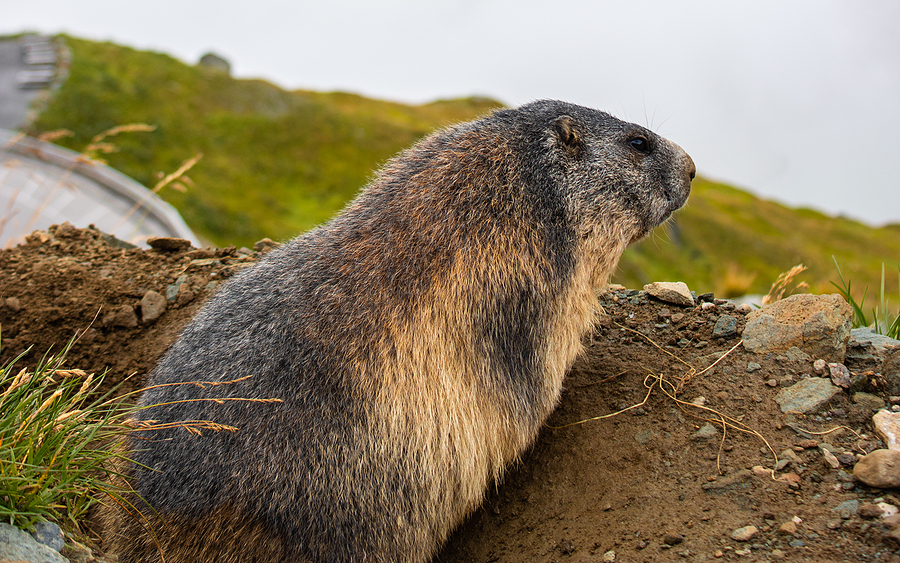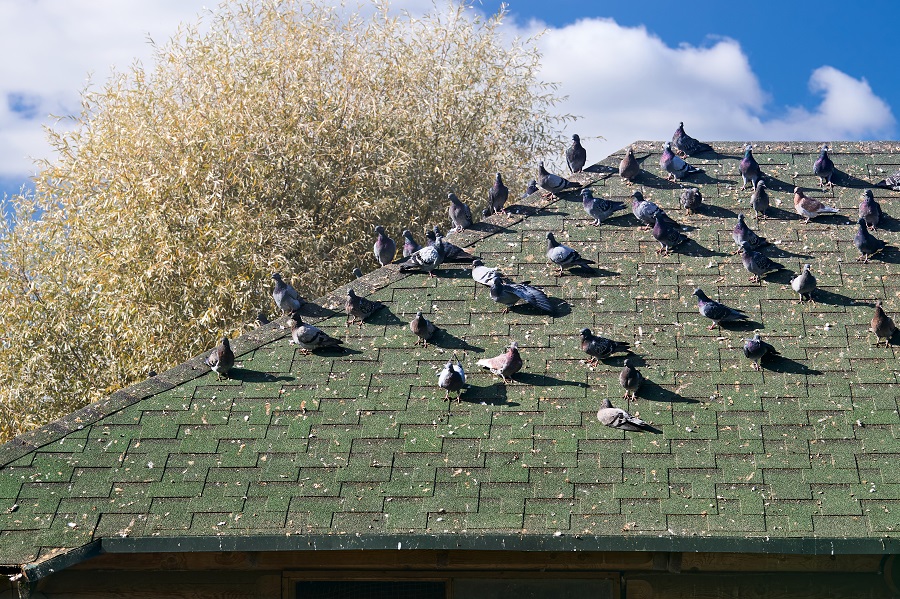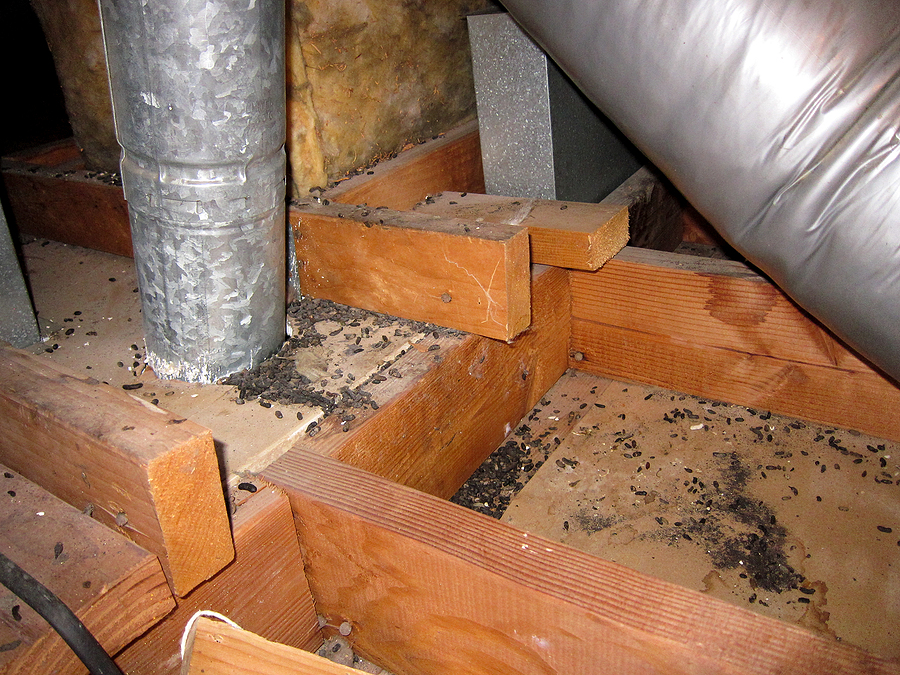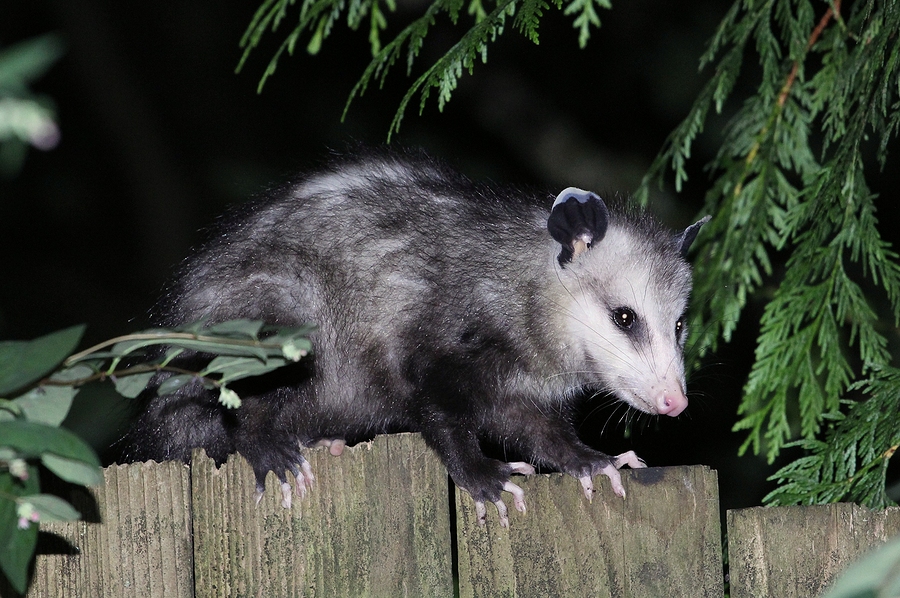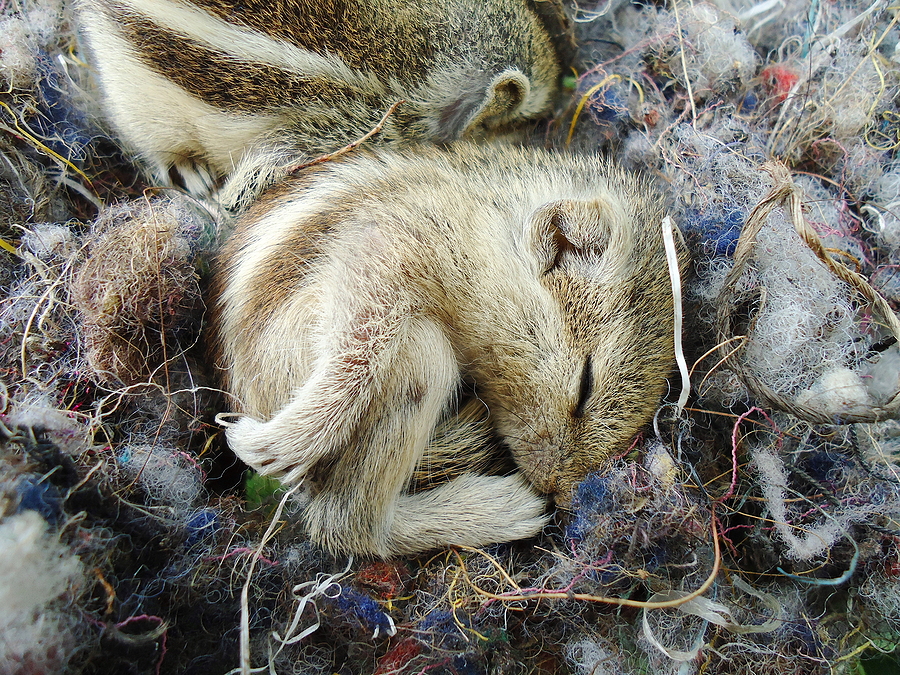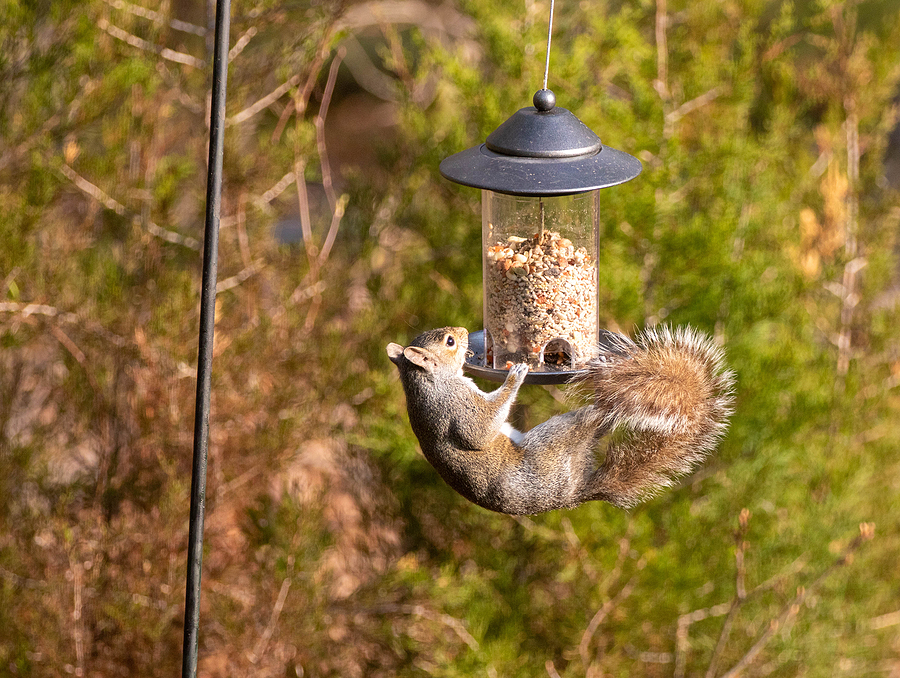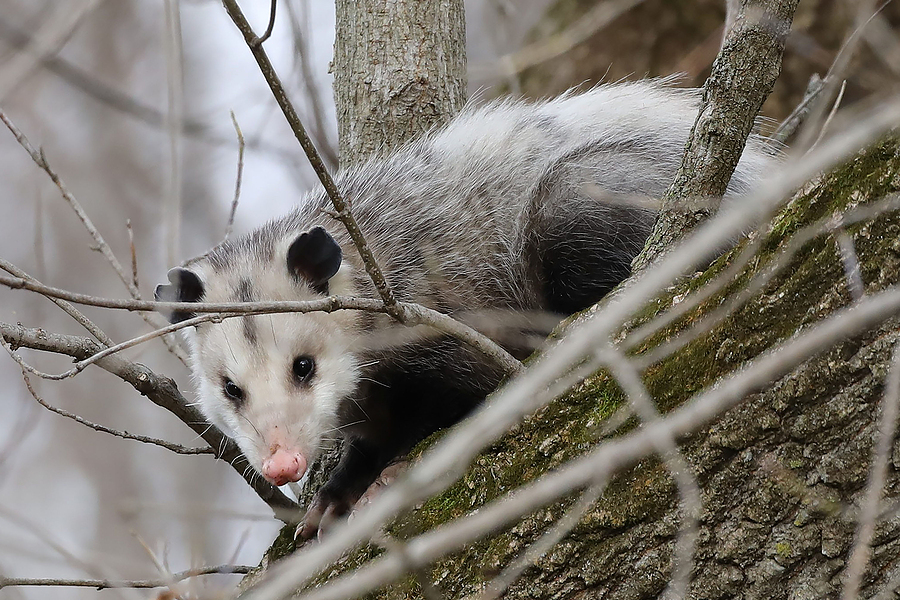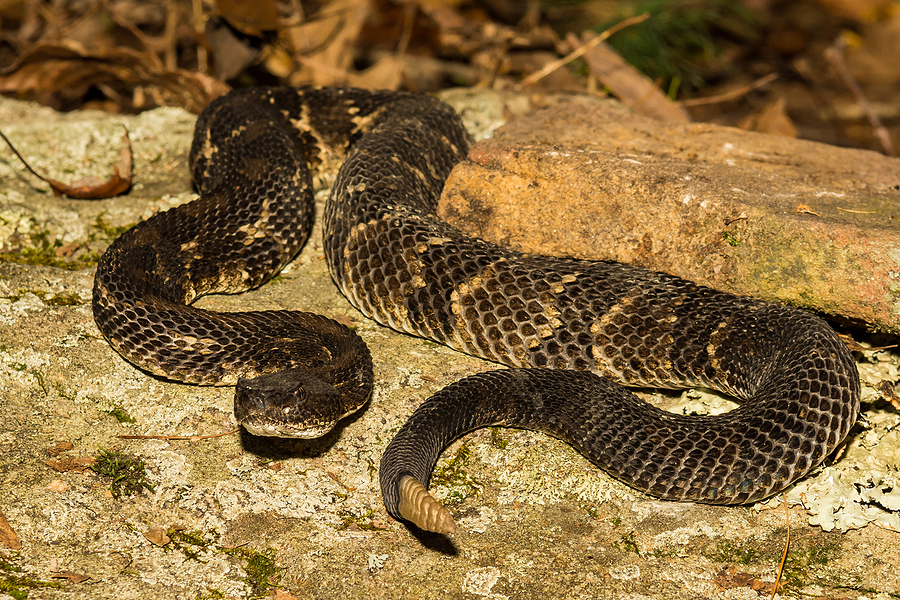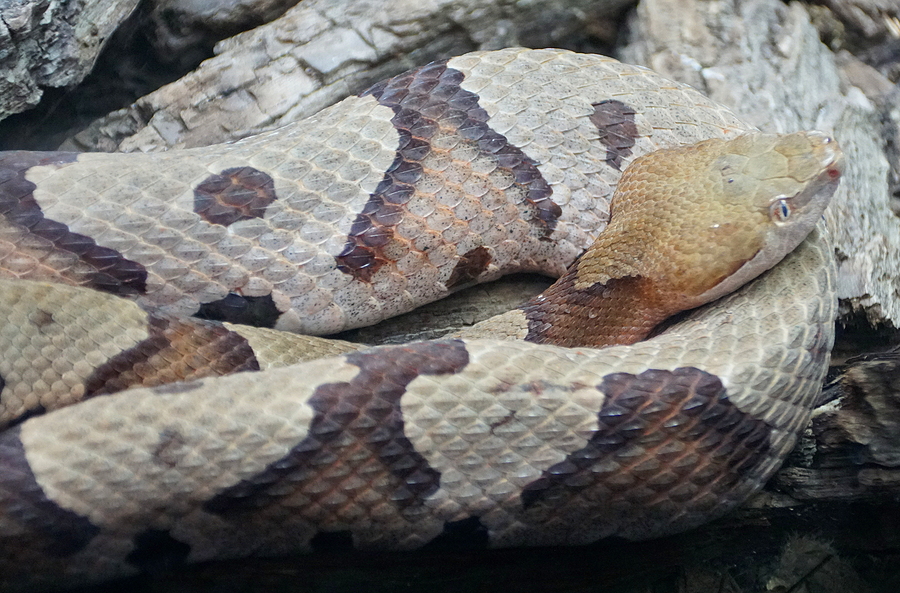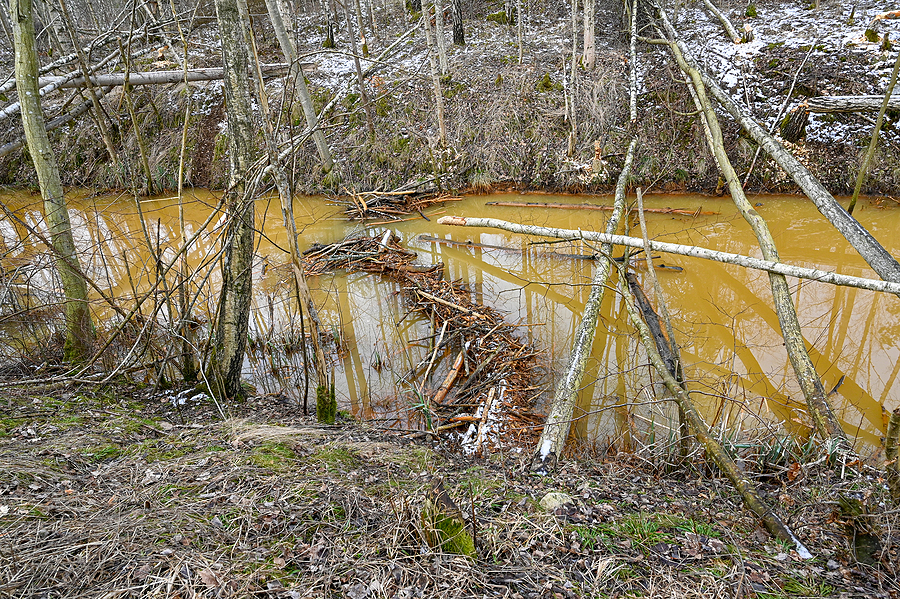Are skunks ruining your property? Nobody likes having to deal with these pesky critters, but unfortunately, they can be difficult to get rid of. Skunks are a common problem in many areas and can cause damage to lawns, gardens, and homes.
If you’re dealing with a skunk infestation on your property, there are steps you can take to effectively remove them. In this blog post we will discuss how to safely and humanely get rid of skunks from your property using various methods such as trapping and repellents. We will also provide tips for preventing future problems with skunks so that you don’t have to worry about them again!
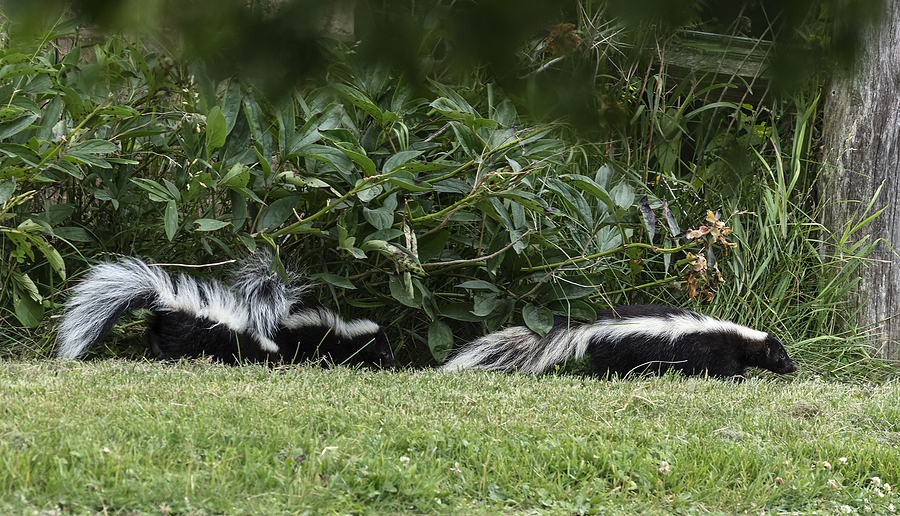
Common Damages Caused by Skunks
First of all, it is important to understand the behavior and habits of skunks in order to effectively control them. Skunks are nocturnal creatures and will usually come out at night to forage for food. They mainly feed on insects, grubs, fruits, and small rodents. They will sometimes den under decks or porches, or ground burrows close to a home’s foundation if they can gain access. In addition to this, skunks may also damage property by digging up gardens and lawns in search of food.
Tips for Skunk Removal and Control
Once you have identified the problem area, there are several steps you can take to get rid of skunks from your property:
1. Environmental Modification – One of the most effective methods for skunk control is getting rid of anything that attracts skunks to your property. Through strategic environmental modification you can keep skunks and other types of wildlife away from your property. Remove any exposed or accessible food, including pet food. Also remove water sources. Consider installing devices that will scare skunks away, such as automatic sprinklers, motion-sensor lighting, or flood lights. You can also plant flowers and plants that skunks hate, such as marigolds, cucumbers, mint, and hot peppers.
2. Skunk Repellents – There are various types of repellents available on the market that can help keep skunks away from your property. These repellents usually contain natural ingredients such as garlic, peppermint oil, or cayenne pepper that emit a strong odor which skunks find unpleasant and stay away from. Make sure to reapply the repellent every few weeks to maintain its efficacy.
3. Skunk Exclusion – You can also use exclusion methods to get rid of skunks from your property. This involves sealing off any potential entry points with mesh or hardware cloth, removing food sources, and making sure there is no access to denning areas such as decks or porches.
4. Professional Wildlife Removal – If the above measures are not successful, you may want to consider hiring a professional Nashville wildlife removal company to help remove skunks from your property for good. A wildlife removal specialist will be able to identify the problem areas and safely and humanely remove any trapped skunks without harming them or your property in the process.
Get Rid of Skunks Safely and Humanely
By taking these steps you should be able to effectively get rid of skunks from your property. It is important to remember that prevention is the best way to avoid future problems with skunks, so make sure to take preventive measures such as sealing up potential entry points and removing food sources. If you need additional help with skunk control, contact a professional animal removal service for advice and assistance.
When nothing seems to keep nuisance wildlife away, you need professional animal removal service. Contact Budget Animal Removal at 615-337-9165 for TWRA licensed and insured Nashville, Tennessee critter control services you can afford.
Related Posts:
How to Wash Your Dog if They are Sprayed By a Skunk
What You Need to Know About Skunk Spraying
How to Protect Your House From Nuisance Wildlife in Tennessee

